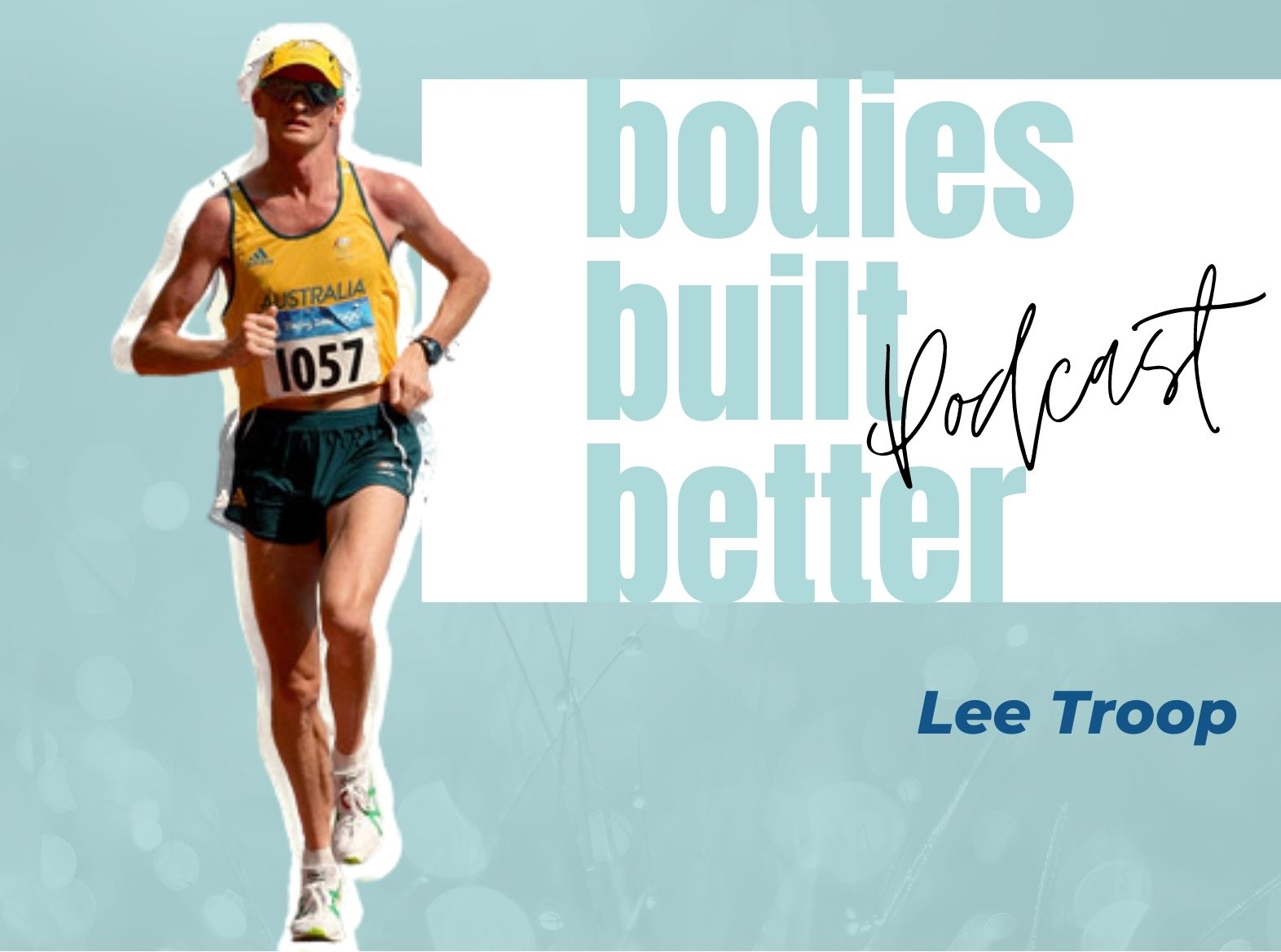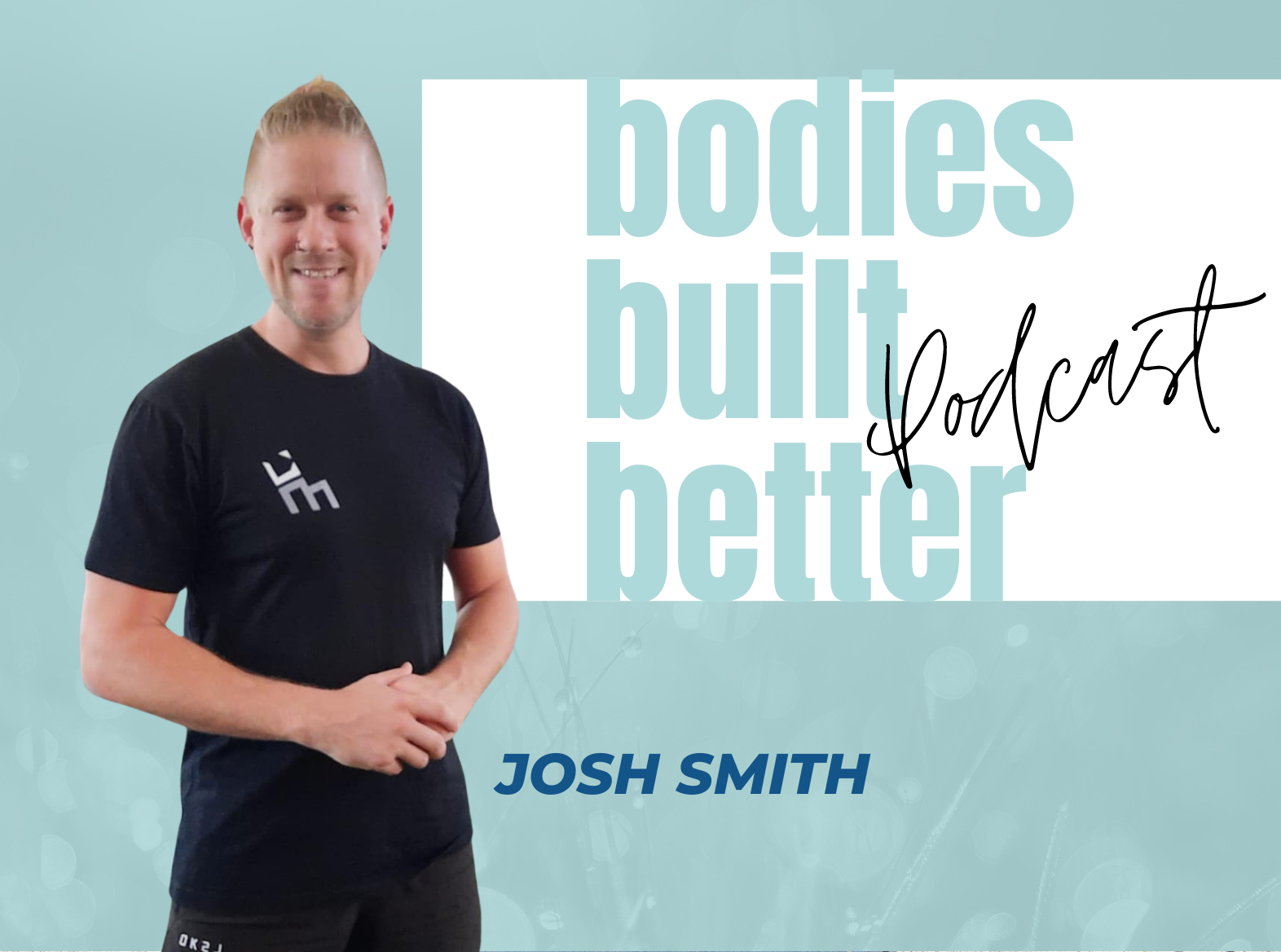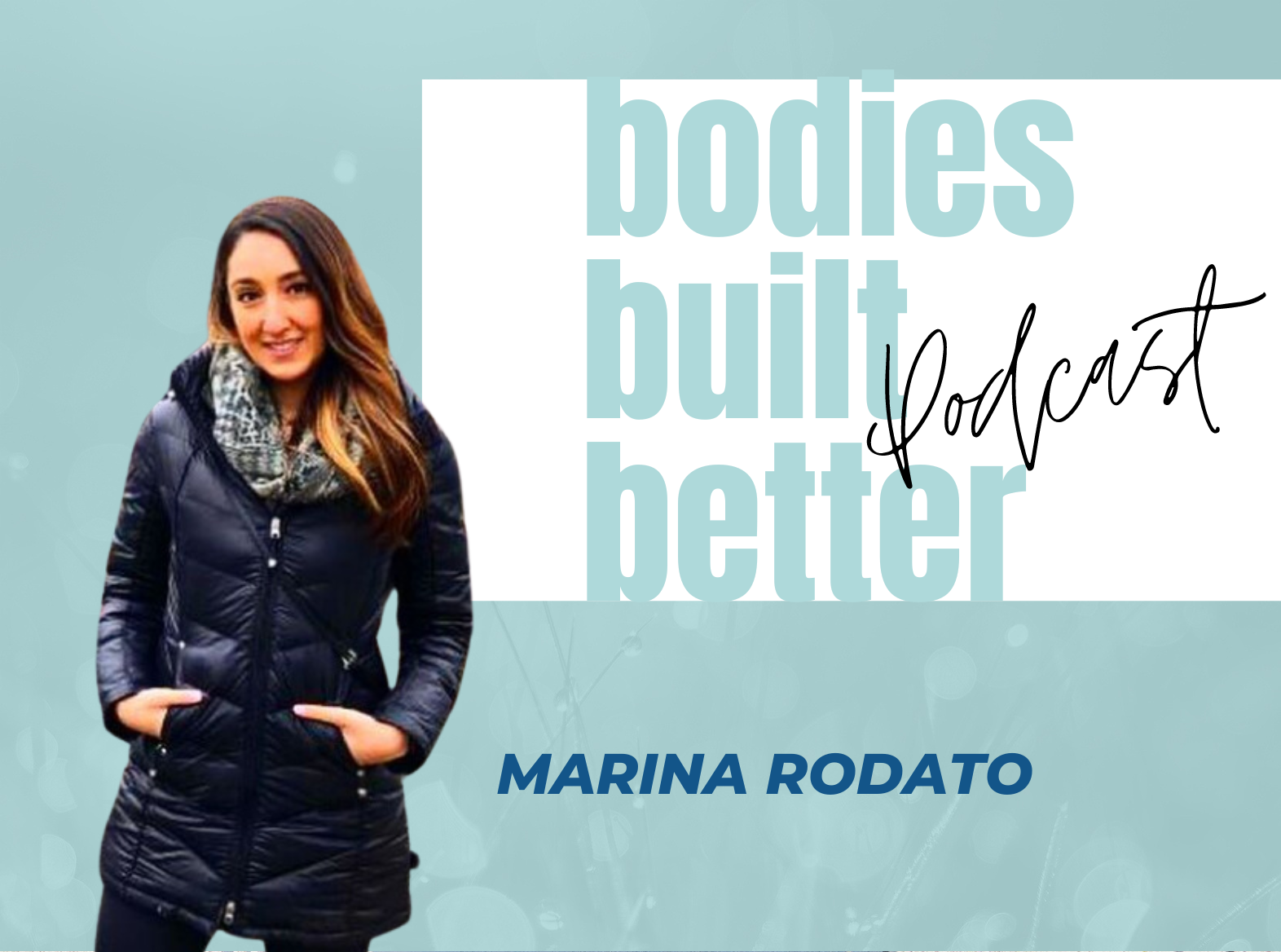Jackie: Lee thank you so much for joining and chatting with me today, let’s am, let’s get right back to the very beginning where it all started for you and am and tell us, why running?
Lee: Ah I played football and I played basketball and I played cricket and I did karate and it was just ah, a lot of things that I threw myself into but, running seemed to be the thing that gave me the joy to be able to do.
My dad started running because he wanted to lose weight and it coincided ah in the early 80’s where we had a big running boom with Robert de Castella, and Robert de Castella had ah run Rotterdam marathon and ah we had the ‘84 olympics, where he was fifth and you know there was a huge running boom, so because my dad he was a smoker and a drinker,
he decided that he wanted to get into running, he bought you know, all the books you know like, train like Deek, eat like Deek, race like Deek, and am…
Jackie: How to be Deek!
Lee: Correct you know and ah Deek was sponsored by Adidas and so we bought the Adidas trainers and the Adidas racers and I don’t know, I just wanted to run so and that also coincided with a huge push in Victorian schools which was called the Life Be In It program and the Life Be In It program was getting kids to be active so uh we had a teacher at our school called Jenny O’Markin and it’s funny that I can remember that after all these years but ah Miss O’Markin ah created this thing that for every kilometer that you ran you got a certificate and, the certificate was something that you could colour in and I still have them, so if you run 1 kilometer, 5 kilometers 10 kilometers you got this certificate and I still have them in a scrapbook that my mom, my mom kept for me so uh yeah I mean that, I got involved in running to a very pureristic and ah, organic way that ah led that to be a career for me.
Jackie: And when did it start getting competitive for you?
Lee: Um with, within oneself you’re always competitive so ah every time you go out and race you want to be better and you know, I remember running at the grade 6 primary school championships and you know I think I’d might have been twelfth and I was pretty disappointed and then when I went to year seven, you know I was the best runner at Newcomb high school and then you had to compete against the Geelong schools and you know I didn’t get past that round but then the following year I’ve yeah won my schools and I won the Geelong schools and I made it to the western zone, ah I win Victoria the the western zone of that state and ah I didn’t get beyond that and then the following year I’ve made it from my schools to a local competition to winning the western zone to the state championships and then that led to the Australian School Boys championships so every year there was ah I guess a process that I wanted to improve every year and then by the time I got to year twelve, I won the, you know my school, I won my local region, I won the western zone, I won my state championship and then I ended up winning the Australian School Boys championship ah which then gave me an opportunity to go to the US on a on a running scholarship. So every year was just this little step up from the year before and ah being a very motivated individual I was always trying to improve on past performances
Jackie: And do you think that’s what it takes to be a successful athlete is that, I guess that motivation and competitiveness?
Lee: I think that’s what it takes to just be a successful person, you know like if I if you did an exam and you got a C like you’d wanna make sure next time you come back to get a B you know and then if you got a B you wanna make sure you got an A and if you start of on a working sector and you’re at the ah you know ah at the at the lower level you know your your goal is to work your way up to potentially becoming a CEO so, um I don’t think running am is any different to any other sport or any other part of life, it’s just you know, setting yourself a goal and making sure that as you’re working along you can be better than what you previously were.
Jackie: Yeah so you were mentored by Steve Moneghetti who is an Australian running icon, several olympics and a gold in the 1994 commonwealth games, what did you learn from Steve throughout your, your, career?
Lee: Ah probably the biggest takeaway that I got from Steve was just the mental side of sport. You know so many people can be ah extremely talented with their training, but when they get to the race all of the sudden the butter melts and with Steve you know I just learnt that am everything you do in training is a small percentage of the racing side and the racing side is about the mental attitude and when I first started training with Steve, I was competitive with Steve but every time I went out to race I got absolutely thumped, and I could never worked out why I could be competitive with him at training but then when it came to racing I couldn’t and it took a couple of years just to learn the mental psychology of it and what was required and to realize that again that training is a small component of what’s required but then going into race is is the mental side of things its the the psychological parts of things and you know when the race gets really really hard, like, how much do you want it? How much can you dig? And you know, ah we were all talented when we stand on the start line but when the gun goes off the difference is more mental than physical and so Steve taught me ah a lot in regards to that and you know, I have, obviously the notoriety of being one of Australia’s toughest athletes and you know, that’s really due to Steve and knowing that when I went out there to race, that I had to believe, you know if I didn’t cross that finish line knowing that I’d given everything, then I didn’t race to my best, and I’ve raced with a broken toe I’ve raced with a torn stomach muscle I’ve, ah, I’ve raced when I’ve had the flu am but every time you stand on that start line there’s no excuses you get the best the best account of yourself and when you cross that finish line, the most important judge is yourself and if you haven’t, if you can’t appraise yourself as giving a 100% then you fail. And I know that throughout my racing career, that I always gave a 100% because when I crossed that finish line I had nothing else to give and that’s certainly attributed to Steve and how he approached every race he did.
Listen to the complete interview on the podcast.
Where to find Lee Troop
Website: https://www.teamboco.com/
Website and training programs: https://marathonguru.com.au/
Get in touch with me
jackie@b3massageandmovement.com.au
Instagram: @jackietann_rmt
Get in touch: jackie@jackietann.com | @jackietann_rmt












